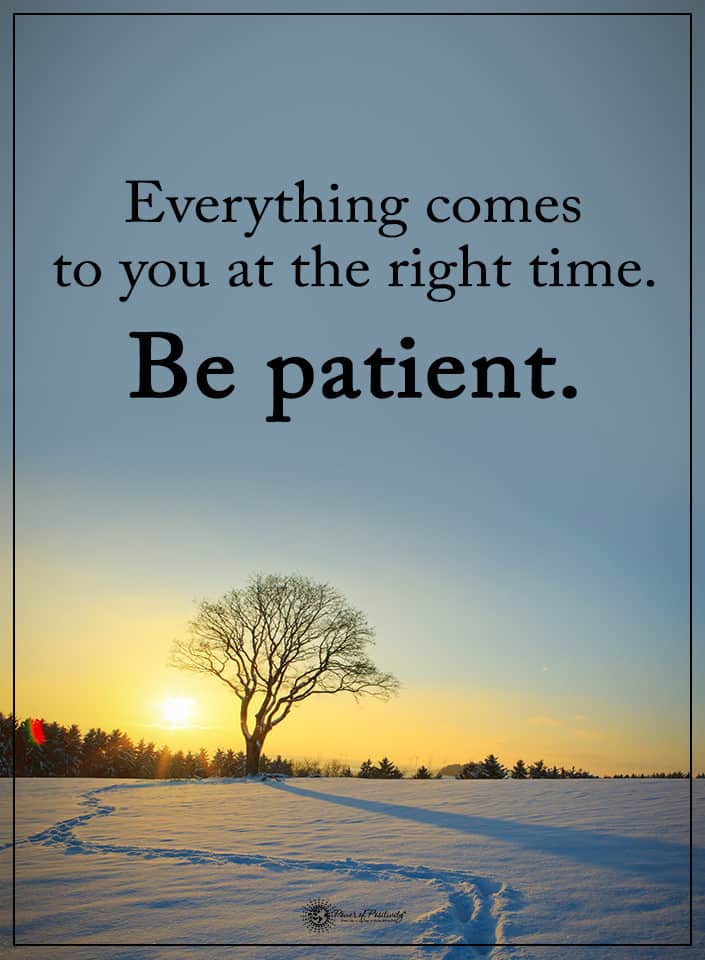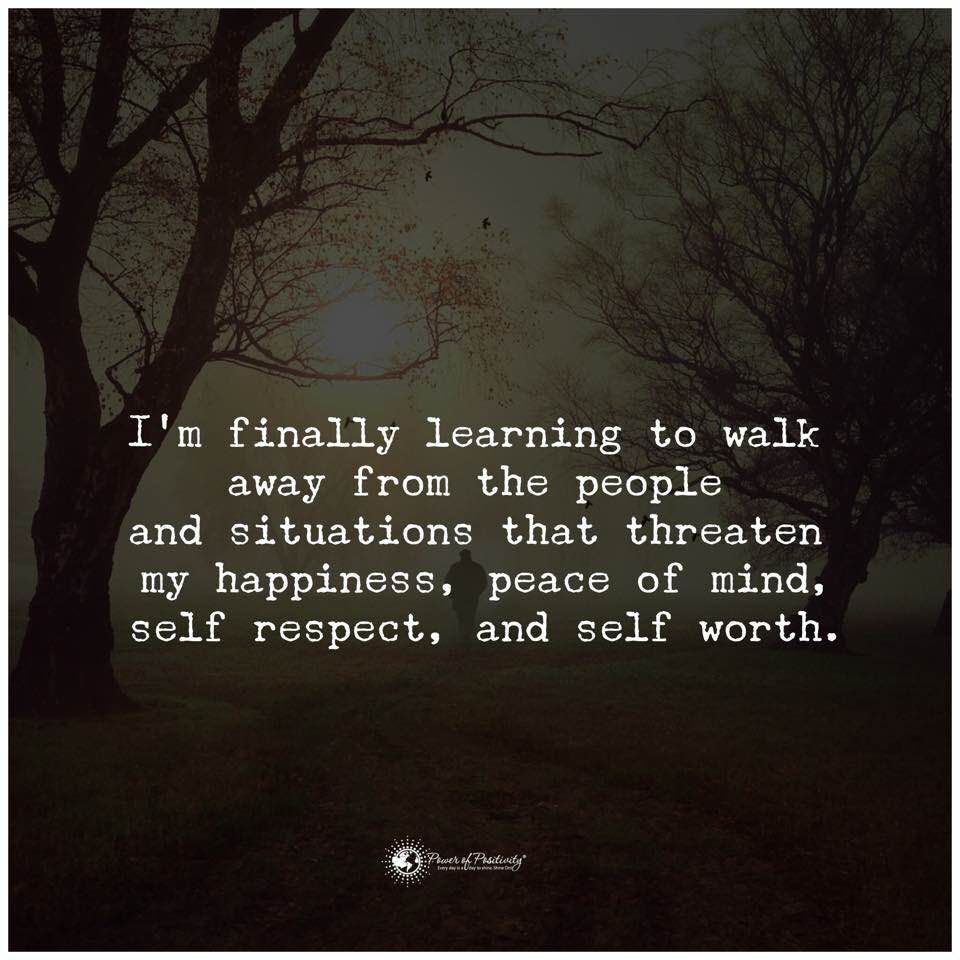We enter into a relationship because of chemistry, but we should stay in a relationship because it feeds our soul. It’s often hard to overlook the passion of a new partner and focus on the qualities needed to help the relationship last beyond the intense physical attraction phase.
We may not exactly know who we are going to marry, but we should have a good idea of the characteristics our future spouse should have. These characteristics have nothing to do with looks and status and everything to do with what is needed for you and your partner to live happily ever after.
There are definite characteristics that indicate your partner may be a keeper…
Here are 10 things to look for in a life partner:
1 – They Believe in Something
Whether they pray to God, honor the Universe or is a scientist at heart, it is important that your future spouse believes in something. And that something should be compatible with your beliefs. Our beliefs are who we are at the core, and we can’t build a long-term partnership when our beliefs are in conflict.
2 – They Demonstrate Compassion
Being able to empathize with people says a lot about the character of a person. Showing compassion shows kindness and caring. If our partner treats others well, there is a good chance that kindness and compassion will be evident in our relationship. A kind heart tells us that our partner’s priorities are in order and that our relationship will be honored.
3 – They Love Openly
Our future spouse should be proud of our relationship and if he (or she) is then he will respectfully demonstrate his love for you openly and without reservation.
There will be no hiding, no shaming, and no secret love affair. Your partner enthusiastically introduces you to his friends and family and feels like the luckiest guy (or gal) in the world.
4 – They Fight Fair
Fighting fair is a necessary component of successful relationships. It is inevitable that disagreements will happen. Knowing we can work through them respectfully and honestly will allow us to communicate from a place of truth. Fighting fair requires listening and accepting feedback with the intent of solving disagreements not placing blame.
5 – They are Forgiving
Nothing erodes a relationship like holding a grudge around past mistakes. A future spouse is someone who can understand that mistakes happen and be willing to let it go. Moving past the mistake and leaving it in the past, where it belongs, is important to the growth of any relationship.
6 – They Exercise Emotional Intelligence
Being emotionally stable means being secure in the relationship, being content at work and basically limiting the amount of drama and chaos they allow into their life. Surely, everyone has moments where emotions run amok, but being able to handle such times in a healthy way is essential.
Living in a state of chaos and out of control feelings means the relationship will be in a state of roller-coaster emotions. A graceful recovery from an emotional situation is a clear sign of a healthy, well-adjusted partner.
7 – They Have Ambition
Having ambition is as vital to a relationship as it is to a career. Ambition happens when you really want something. No one wants to be in a relationship with someone who is happy with the status quo. For the relationship to evolve, the people in it need to evolve as well, and that takes ambition.
8 – They are Financially Mindful
Money might not be able to buy happiness, but money can certainly cause unhappiness, discontent, frustration, and anger. Entering a relationship with clear financial awareness benefits everyone. Understanding debt, prioritizing spending and saving for the future is meaningful and necessary. Aligning financial goals helps to provide a sense of security to the relationship so it can thrive.
9 – They are Non-Judgmental
Nobody wants to be in a relationship where they fear being judged. Being able to be truly authentic and feeling safe doing so will only strengthen the bonds that are holding the relationship together. Knowing we are loved and cherished for who we are, not how we look or how we dress is fundamental.
10 – They Practice Gratitude
It’s important to align our practices with those of our future spouse. There isn’t a better practice to set as a foundation for a relationship than that of gratitude. When partners practice gratitude together, they are making a happy life together a priority, one that will stay focused on the positive and creating an abundant future together.
Be smart when it comes to determining what you need from a future spouse. What are the characteristics that you know someone must have to make you happy and make you want to build a life with them?
Create this list from a logical place that speaks to your heart. Using pure logic or pure emotion and feeling will not be able to give you a complete picture. Once you create the picture, honor it. Remember, every wrong partner brings you one step closer to the right one.
And remember: These traits are not only important to find in someone else, but are also important to practice in your own life. Your partner will ultimately be a reflection of you, and it’s essential to also be someone who has lasting potential.








